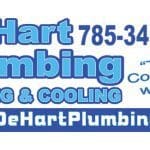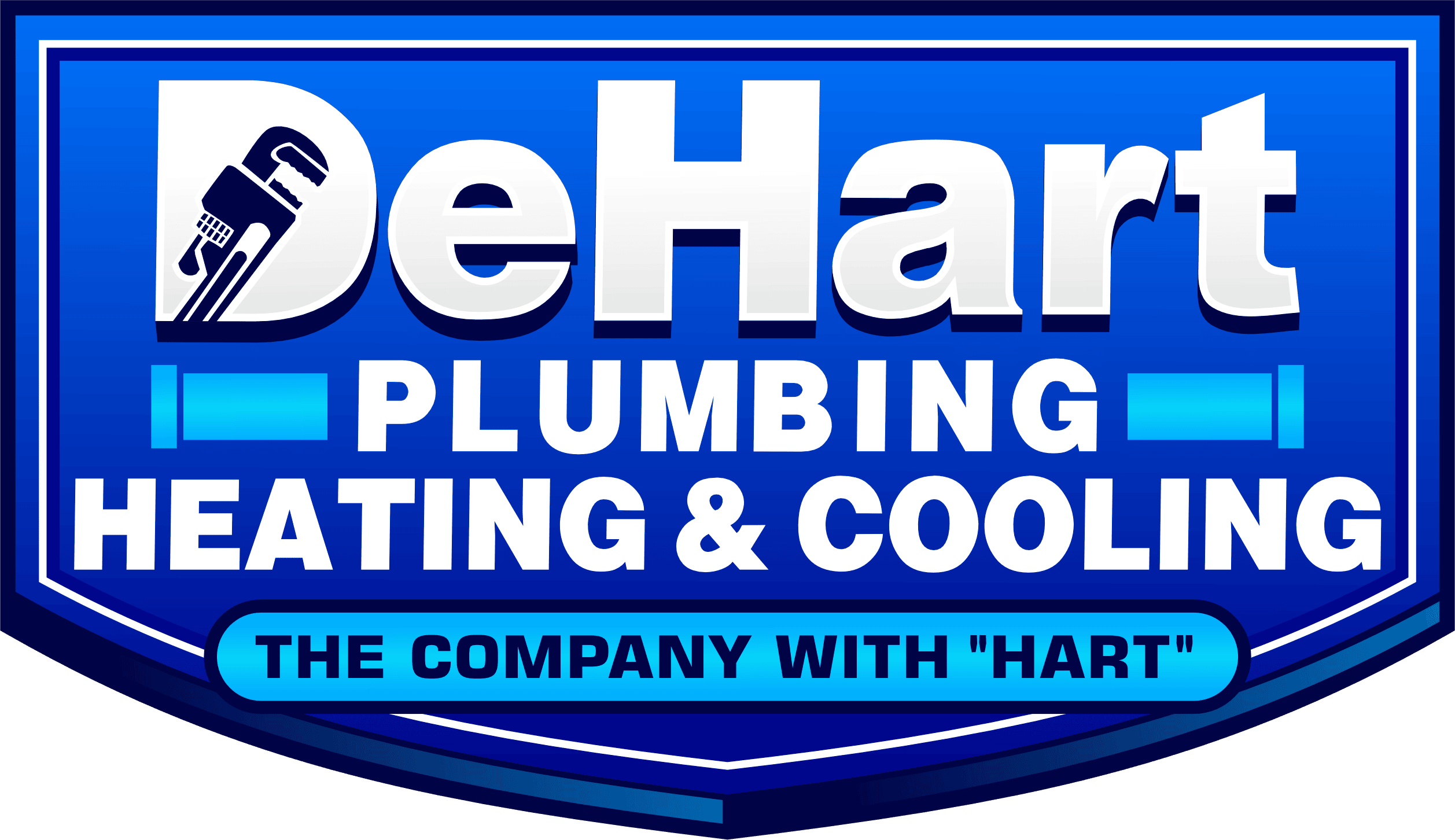Radon gas is colorless, odorless and tasteless. Radon gas is formed during the natural breakdown of uranium in soil, rock, and water. The only way to find out if your home contains radon gas is to have radon gas tests performed. There are two basic types of radon gas testing devices; passive and active. You can order a radon test kit and set it up yourself or you can hire a professional to perform the test. Passive radon gas testing devices do not need the power to function. These devices include charcoal canisters, alpha track detectors, and charcoal liquid scintillation devices that are exposed to the air in your home for a specific amount of time and are then sent to a laboratory for analysis.
Active radon gas testing devices require power to function, they continually measure and record radon in the air, making radon spikes and dips more apparent. These devices may also include continuous working level monitors and continuous radon monitors. Active radon gas testing is generally considered to be more reliable than passive radon devices and is normally used by home inspectors and air quality professionals.
There are no average radon levels set for specific cities, states or regions. Houses without basements are as much at risk as houses with basements. It doesn’t matter if your neighbor’s radon test was low or high, results for your home can be completely different. If you are a smoker, radon exposure risks are much higher than for non-smokers.
If your radon level tests above the EPA recommendation, radon levels can usually be lowered using a process called mitigation. Mitigation means to moderate something or make it less severe. Some radon mitigation methods prevent radon from entering your home and others reduce radon levels after the gas is there. If radon is found to be in your homes water supply, you can use point of entry treatments such as charcoal filters or aeration devices to remove radon from water before it enters your home. I t is always best practice to let the professionals take care of radon gas issues. De Hart Plumbing Heating and Cooling, serving Manhattan Kansas, Junction City Kansas, Topeka Kansas and some surrounding communities.
t is always best practice to let the professionals take care of radon gas issues. De Hart Plumbing Heating and Cooling, serving Manhattan Kansas, Junction City Kansas, Topeka Kansas and some surrounding communities.
